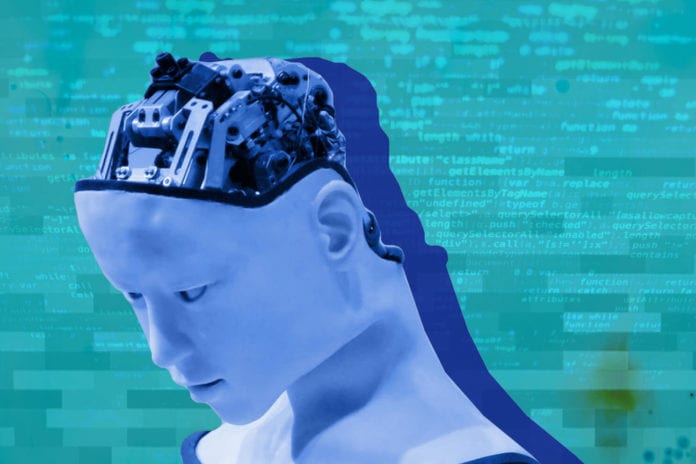
In schools, the impact of artificial intelligence and automation is often portrayed in a good light. Think back to learning about the water wheel, mills, printing presses, steam engines, and assembly lines. Often, the underlying narrative is that these were great innovations that reduced the burden of labor on humans. However, the technological advances of our time seem to be less well-received. Perhaps it is because of our proximity to these examples of automation. Our closeness prevents us from seeing only the benefits and instead pushes us to see how much our lives and livelihood will be impacted by artificial intelligence.
McKinsey & Company reckons that, depending upon various adoption scenarios, automation will displace between 400 and 800 million jobs by 2030, requiring as many as 375 million people to switch job categories entirely. How could such a shift not cause fear and concern, especially for the world’s vulnerable countries and populations?
The Brookings Institution writes of a “new” kind of automation with more advanced robotics and AI that can bring work displacement to college graduates and professionals as much as it has to vehicle drivers and retail workers.
With frightening yet like these, it’s no wonder AI and automation keep many of us up at night.
Although we may remember from our textbooks that the 19th century brought significant innovations to factories, this does not mean that it was welcomed with open arms by the people then. The Luddites were textile workers who protested against automation, eventually attacking and burning factories because “they feared that unskilled machine operators were robbing them of their livelihood.” The Luddite movement occurred all the way back in 1811, so concerns about job losses or job displacements due to automation are far from new.
When fear or concern is raised about the potential impact of artificial intelligence and automation on our workforce, a typical response is thus to point to the past; the same concerns are raised time and again and prove unfounded.
In 1961, President Kennedy said, “the major challenge of the sixties is to maintain full employment at a time when automation is replacing men.” In the 1980s, the advent of personal computers spurred “computerphobia” with many fearing computers would replace them.
Lorem ipsum viverra feugiat. Pellen tesque libero ut justo, ultrices in ligula. Semper at. Lorem ipsum dolor sit amet elit. Non quae, fugiat nihil ad. Lorem ipsum dolor sit amet. Lorem ipsum init dolor sit, amet elit. Dolor ipsum non velit, culpa! elit ut et.
Lorem ipsum dolor sit amet elit. Velit beatae rem ullam dolore nisi esse quasi, sit amet. Lorem ipsum dolor sit amet elit.